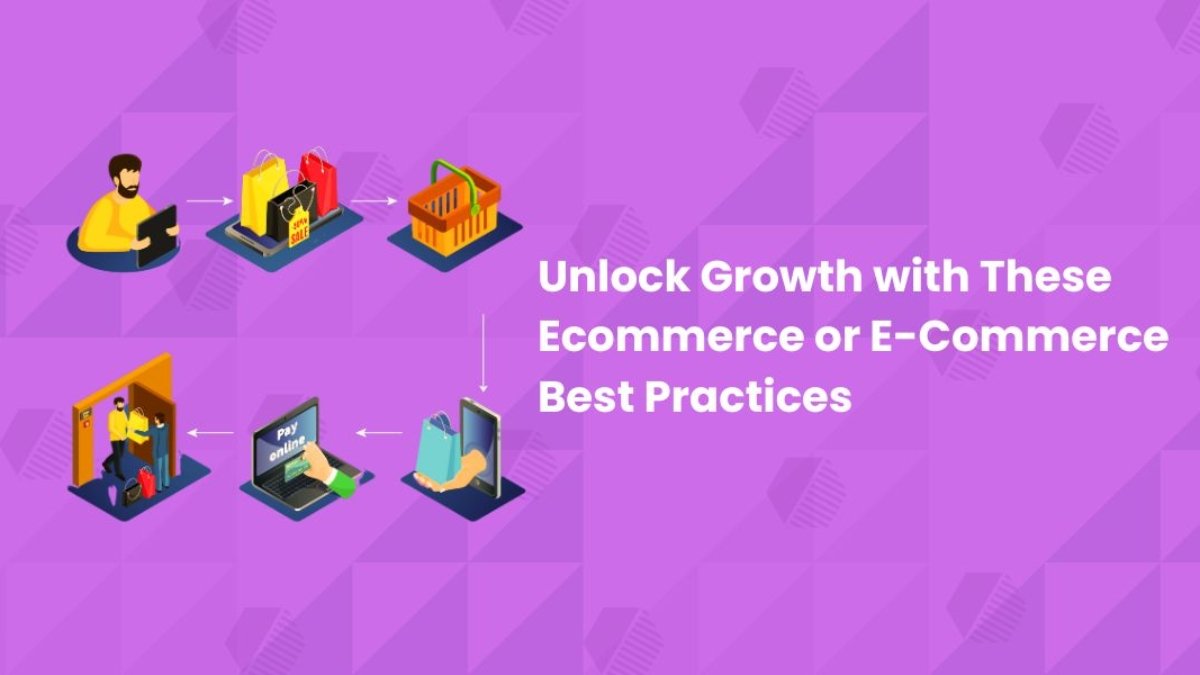As online shopping continues to dominate the retail landscape, there’s an ongoing debate about the proper way to spell one of the key terms in this space: “ecommerce” or “e-commerce.” At first glance, this might seem like a trivial matter. However, for businesses transitioning to online sales, it could have some implications. In this article, we’ll explore the origins of these two spellings, examine their usage, and determine whether this distinction has any real impact on businesses looking to establish an online presence. More importantly, we’ll highlight why shifting to online retail should be the priority, regardless of how you spell it. We’ll also touch on essential “Ecommerce or E-Commerce Best Practices” that every retailer should follow when moving their operations online.
A Brief History of “Ecommerce” and “E-Commerce”
The terms “ecommerce” and “e-commerce” both refer to the same thing: electronic commerce, or the act of buying and selling goods or services over the internet. The “e-” prefix signifies “electronic” and is a common way to denote digital versions of traditional activities (e.g., “email” for electronic mail or “e-learning” for online education).
Originally, “e-commerce” with the hyphen was more common, as it clarified that the “e” stood for electronic. However, as digital technology became more ingrained in everyday life, the hyphen began to fade away. Just as “email” and “ebook” have dropped the hyphen in most cases, “ecommerce” has emerged as the more streamlined and frequently used term in modern contexts.
Which Version Is Correct?
Both “ecommerce” and “e-commerce” are widely accepted and understood, and there’s no definitive answer as to which spelling is “correct.” The choice usually depends on stylistic preferences or the specific guidelines of a company or publication. For example, “e-commerce” might be favoured in more formal contexts or by those following older writing conventions, while “ecommerce” has become the norm in digital-friendly and informal settings.
Does Spelling Affect SEO?
For businesses focusing on online visibility, the question arises: does choosing between “ecommerce” and “e-commerce” impact search engine rankings? The short answer is that it doesn’t make much difference. Search engines like Google are sophisticated enough to recognize that both variations mean the same thing and will deliver relevant results regardless of the spelling. However, consistency is key. If your website uses both spellings interchangeably, it could cause confusion for readers and potentially affect the user experience.
It’s also worth conducting keyword research to see which spelling is more commonly searched by your target audience. Tools like Google Trends can provide insights, helping you decide which term to use across your website.
Why the Spelling Debate Isn’t as Important as Going Online
While the question of how to spell “ecommerce” is an interesting discussion, the more critical issue for businesses is embracing online sales in the first place. Regardless of spelling, ecommerce (or e-commerce) is a powerful driver of growth, and moving your business online can open up significant opportunities.
Here are several compelling reasons why retail businesses should consider making the shift to online sales:
- Expand Your Reach: Unlike physical stores, online businesses can access customers from all over the world, increasing the potential for growth and diversification.
- Lower Operating Costs: Running an ecommerce business generally involves fewer overhead costs compared to traditional retail, allowing businesses to save money on rent, utilities, and staffing.
- Customer Convenience: Consumers appreciate the convenience of being able to shop online anytime, from anywhere. This 24/7 availability gives online businesses an edge over those with limited hours.
- Valuable Data: Ecommerce platforms offer valuable insights into customer preferences and behaviours, allowing businesses to fine-tune their offerings and marketing strategies.
- Improved Customer Engagement: Online platforms enable more direct communication with customers through social media, email marketing, and live chat, helping to build stronger relationships and foster loyalty.
Getting Started with Ecommerce: Tips for Success
For retail businesses ready to take the leap into ecommerce (or e-commerce), here are some tips to ensure a smooth transition:
- Choose the Right Platform: There are several ecommerce platforms to choose from, such as Shopify, WooCommerce, and BigCommerce. Select the one that best fits your needs in terms of features, ease of use, and budget.
- Optimise User Experience: Ensure that your online store is easy to navigate, mobile-friendly, and visually appealing. A seamless user experience can significantly impact conversion rates.
- Utilise Social Media: Social media platforms are essential for driving traffic to your online store. Use these channels to engage with customers, promote products, and build brand awareness.
- Invest in SEO and Marketing: To attract organic traffic, focus on SEO strategies and digital marketing campaigns. This will increase visibility and drive more potential customers to your site.
- Provide Multiple Payment Options: Offering a variety of payment methods helps cater to different customer preferences and reduces the likelihood of cart abandonment.
- Prioritise Customer Service: Even in an online setting, customer service is key. Ensure that your business offers timely support, easy returns, and clear communication to build trust with your audience.
Conclusion
While the debate over the spelling of “ecommerce” versus “e-commerce” can be interesting from a linguistic point of view, the more pressing issue for businesses is embracing the shift to online selling. The choice of spelling is largely a matter of preference, but what really matters is establishing a strong digital presence to remain competitive in today’s marketplace.
Whether you opt for “ecommerce” or “e-commerce,” the focus should be on delivering an exceptional online shopping experience. By doing so, businesses can leverage the enormous potential of the digital marketplace and ensure long-term success in an increasingly online world.

Leave a Comment